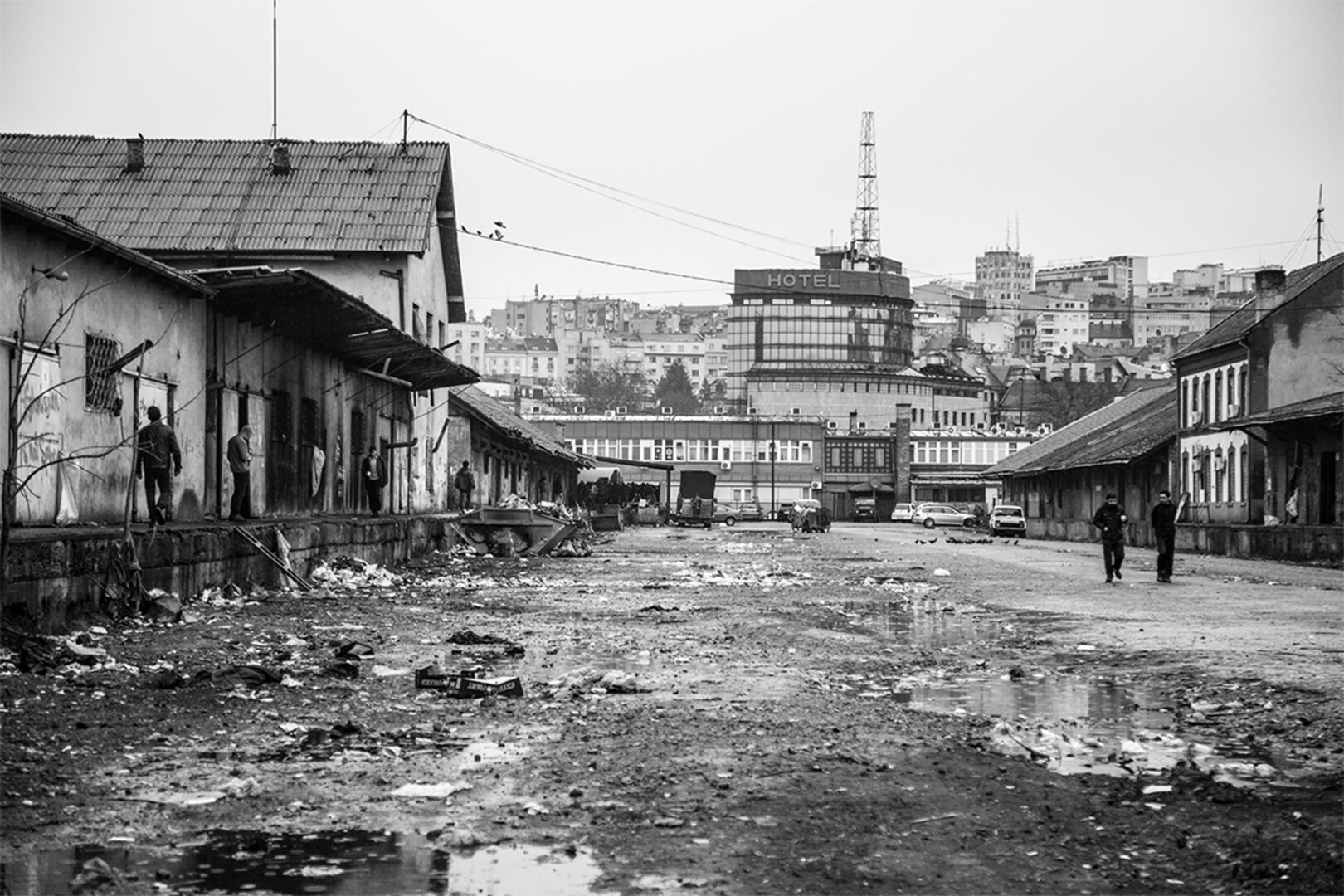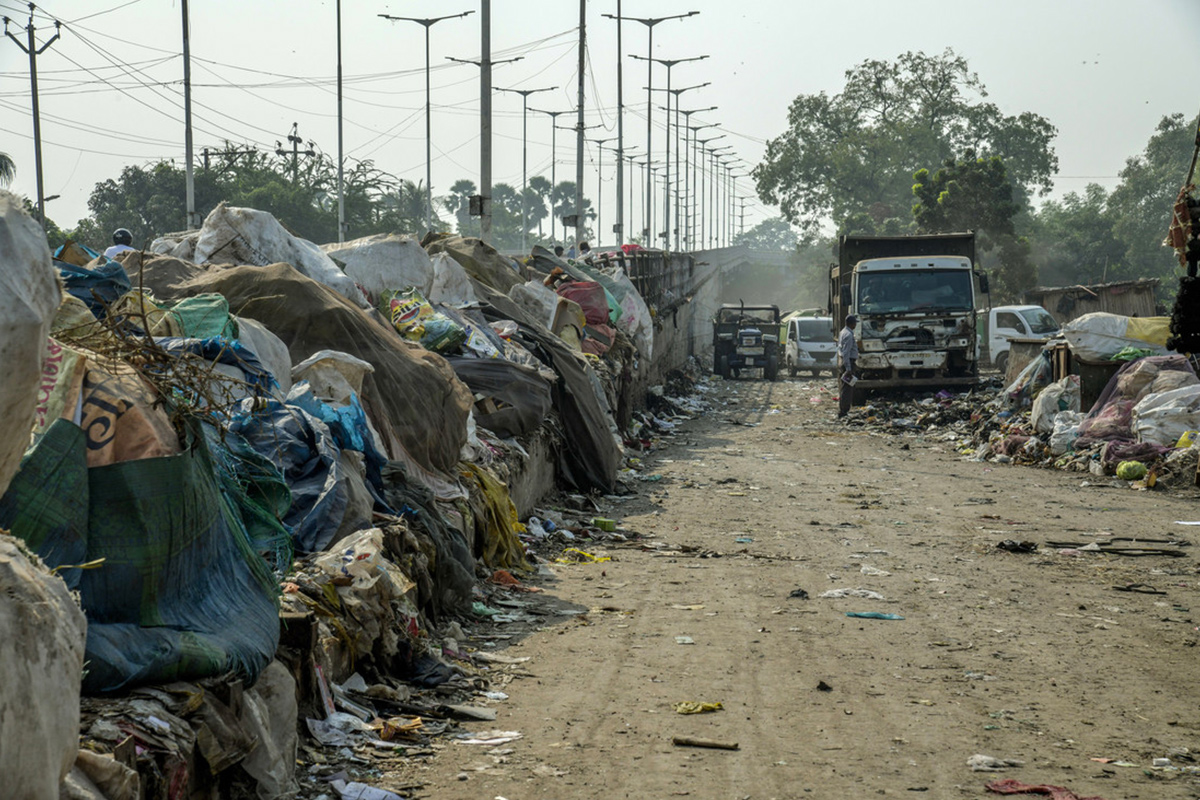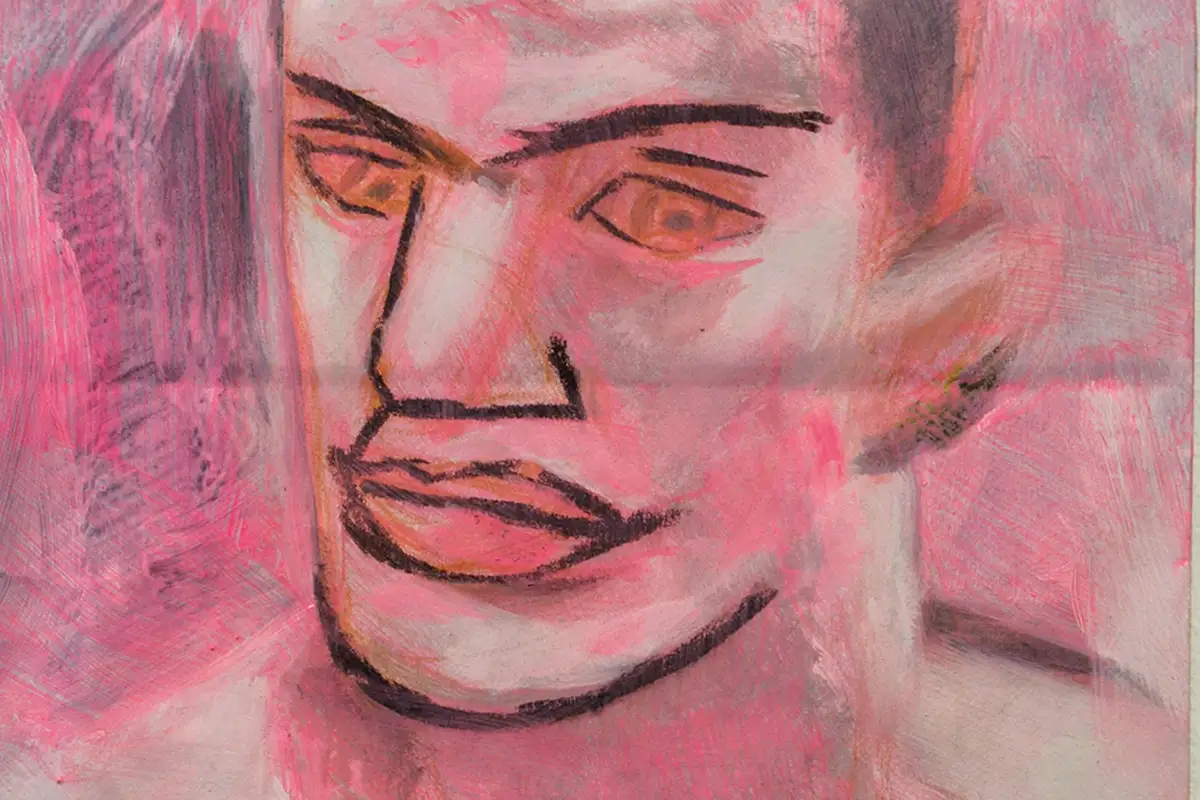Climate change – Twenty of the richest billionaires emit as much as 8,000 times more carbon than the billion poorest people
An Oxfam International report, 2022, discusses the topics of wealth inequality, increase in billionaire wealth, and inequality’s impact on health. It highlights the origin of these issues. They don’t result by chance but by the structural policy choices made by the richest and more powerful. It recommends public measures that can claw back extreme wealth, redesigning economies and centering them on equality.
«For us at Oxfam, inequality is not the result of random chance. There is nothing random or inevitable about high and growing disparities. It is rather the result of precise political choices», said Mikhail Maslennikov, Policy Advisor at Oxfam.
Where does inequality stem from?
The are current inequalities between rich countries and the rest of the world, and between racialized groups and white people. They result from the slave trade, racist policies, and colonialism. Great Britain, the head of the British empire, is the largest empire in human history. It is estimated to have extracted nearly $45 trillion from India between 1765 and 1938 (Utsa Patnaik).
There are numerous factors in today’s wealth concentration and high annual increase in billionaire wealth. They include the weaponization of racism, growing stock market prices, unregulated entities, monopoly power, and privatization. Additionally, factors include the erosion of individual corporate tax rates, regulations, and workers’ rights and wages (Oxfam).
Gender-based violence affects women, transgender people, and non-binary people. Twenty-nine percent of respondents who participated in the 2015 U.S. Transgender Survey (USTS) lived in poverty compared to twelve percent of the U.S. population. The respondents’ unemployment rate equaled fifteen percent. This is three times higher than the unemployment rate in the U.S. population at the time of the survey.
A period of stability under the Bretton-Woods economic governance system
«After World War II, the global economy experienced a period of stability under the Bretton-Woods economic governance system. By the mid-1970s, this regime of economic management was starting to unravel as globalization impacted national economies. Neo-liberalism gathered influence as an overarching policy response, especially in the Anglo-Sax world. A powerful alignment of corporate, financial, and political interests sought to roll back the ‘conscious direction’ of the economy.
«State and economic institutions did this to enhance individual liberty. They cliamed it would release more spontaneous, unconscious, and entrepreneurial market-based incentives and objectives. At the very heart, there are the liberalization and deregulation of major aspects of the economy. Notably the finance and labor market. Financial deregulation comprised the phasing out of controls on international capital flows. Deregulation of the type of activities permissible for banks, lifting of credit controls, and freedom to develop new financial institutions. This included hedge funds and, more broadly, the shadow banking system». explained Maslennikov.
Protecting the privileges of the few at the detriment of the vast majority
«Firms focused more on profit maximization and prioritized shareholder returns as a principle of corporate governance. This shifted the orientation of companies away from retaining corporate earnings and reinvesting them in the business. This included returns to workers towards a model of downsizing the workforce where possible and distributing corporate earnings to shareholders. Alongside the expansion of finance, protections for workers were gradually being weakened. Trade unions and collective bargaining structures began to be seriously undermined. These were also the decades when civic participation to and control over political processes and decision-making shrunk. Whilst more and more often, powerful societal and economic actors condition these policies. A political capture of the state that still allows them to rig the rules. Protecting the privileges of the few at the detriment of the vast majority».
The ongoing COVID-19 pandemic has worsened inequality – while millions are forced into poverty we witnessed the highest annual increase in billionaire wealth since records began
In 2021, the World Inequality Lab released an analysis. Since 1995, the richest one percent of the population has accumulated almost twenty times more of global wealth than the whole of the bottom half of the world population. The ten richest could spend a million dollars each per day. But it would take them 414 years to run out of their combined wealth.
The pandemic has worsened this financial divide. Between March 2020 and November 2021, the world’s richest ten men have doubled their wealth. Furthermore, according to the Bloomberg Billionaires Index, the wealthiest of all is Elon Musk. His net worth reached 255.2 billion U.S. Dollars in October 2021. The Times compiled data on this. Musk’s Tesla Motors Inc., SolarCity Corp., and SpaceX have received an estimated 4.9 billion dollars in government support.
In 2018, Musk paid no federal income taxes. On 10 February 2022 the DFEH announced a civil action against Tesla, Inc. This was for violations of the Fair Employment and Housing Act and the California Equal Pay Act. The DFEH stated that they found evidence that Tesla operates a racially segregated workplace. More specifically, where black workers experience racial slurs and discriminated against in job assignments, discipline, pay, and promotion.
During the pandemic, the collective income of ninety-nine percent of the world’s population has declined. They believe that 160 million people are in poverty as a result. Meanwhile, since the beginning of the pandemic, a new billionaire has been created every twenty-six hours.
How does inequality affect people’s health?
Oxfam conducted estimates of deaths resulting from hunger, lack of quality healthcare, and gender-based violence. Inequality contributes to the deaths of one person every four seconds, amounting to at least 21,300 people each day.
Amid the pandemic, the health consequences of income inequality become even starker. This was due to the association between income inequality and COVID-19 cases and deaths. A 2021 study was done by John Wildman from Newcastle University. This found that there is a positive association between income inequality and COVID-19 cases and death. Results show that nations with high levels of income inequality dealt less effectively with the pandemic. A one percent increase in the Gini coefficient is associated with an increase of four percent in cases per million. This is about five percent of deaths per million.
In terms of policy implications, the study’s findings stress the importance of tackling the gap in income inequality. Also, in improving the poorest and most vulnerable groups’ health and income.
Policies should aim at reducing the education gaps
«Social, environmental, and economic inequality are among the main determinants of the differences in the citizens’ health status. To be better or worse off; live in a wholesome habitat or not; eat more or less healthy food and conduct more or less healthy lifestyles; have access to healthcare services with more or less ease; even to be more or less educated. These are all factors that determine one’s health quality of life and life expectancy.
«If we want to pursue more equity in health status and communities they belong to, we need to act prioritarily on the socio-economic determinants of health inequalities. This means that policies should aim at reducing the education gaps. Ensuring decent housing conditions for all, fostering environmental sustainability, boosting the quality of jobs and fair wages. It is of course fundamental to grant access to public, universal, and quality health services. They must be adequately financed and able to effectively reply to territorially diversified health needs».
What kind of fiscal measures can governments use to tackle income inequality?
«Competition laws addressing market concentration per se should be enforced to contain the economic power of corporate giants and the resulting monopolistic rents accruing to the top of the social pyramid. It is vital to make access to knowledge and technology more even. Public institutions should enhance innovation policies, invest in research, and support technological transfer to economic actors that lag behind frontrunners. Business models with a reduced corporate inequality footprint or cooperative business models detached from shareholders-primacy framing should be incentivized».
«Fairer within-firm profit distribution, reduced pay-gaps, executive management remuneration policies tied not only to economic results as well as a higher attention to social and environmental impacts of economic activity could be rewarded in public procurement procedures. Labor market policies play an important role in reducing economic inequality. For instance, there should be a phasing-out or limitation in the use of atypical or precarious contracts disqualifying the dignity of workers and contributing to the rise of in-work poverty».
The crucial role of system of tax and transfers
«Minimum wage enforcement, strengthening of the trade unions’ role, and collective bargaining should be enacted. Reinforced public investment in quality education for all is another pre-distributive measure to pursue, allowing adequate and more equitable human capital formation. These are long-side measures that combat educational failures and school drop-outs. Then comes the redistribution and measures that aim at leveling the disparities that markets produce. The system of tax and transfers plays a crucial role».
«We need to rebalance the overall tax burden. A welcome equity-oriented step would be a major shift from labor taxation to the taxation of capital. Progressivity of tax systems should increase as well, together with more robust measures to fight tax evasion and avoidance. Domestically and internationally. To clamp down on those who do not play by the rules and do not contribute their share in taxes. They are vital for keeping our welfare state running. But also to prevent aggressive and harmful tax planning that allows wealthiest individuals and firms to freely choose where to pay their taxes and minimize their overall tax liabilities».
What about the inequality in emissions among income groups: do the wealthy bear a disproportionate responsibility?
The 2022 World Inequality Report issued by the Paris-based World Inequality Lab emphasized the significant inequalities in CO2 emissions at the world level. The top ten percent of emitters are responsible for close to half of all emissions. The bottom fifty percent is responsible for twelve percent of the total. According to the World Inequality Lab, North America and Europe are responsible for twenty-seven percent and twenty-two percent. That is of the total 2,450 billion tonnes of carbon released since 1850. Latin America emitted six percent and Sub-Saharan Africa four percent. The report ‘Global climate risk index 2021’ conducted by Germanwatch, states that the countries most affected by climate change-related extreme weather events in 2019. These were Mozambique, Zimbabwe, and the Bahamas.
The Oxfam report has highlighted that the world’s wealthiest one percent uses double the carbon emissions of the bottom half. An estimated 20 of the richest billionaires emit 8,000 times as much carbon as the poorest billion people.
Vaccine apartheid – lifesaving goods locked up behind a wall of private profit and monopoly
The course of the pandemic process itself by the inequality extends. More than eighty percent of the vaccines have gone to G20 countries. Low-income countries have received less than one percent. This extreme vaccine inequality enabled by some rich-country governments. They are blocking the efforts of low- and middle-income countries at the World Trade Organization (WTO). This is to waive intellectual property (IP) rights on COVID-19 vaccines and treatments.
«We need to redistribute speedily and fairly existing vaccines. To close the gap between the rich world with vaccination rate over seventy-five percent and the low-income countries, where barely fifteen percent of the population received the vaccination as of early March. To abide, even though with a huge delay, the promise made by the international community to vaccinate forty percent of the population in each country by the end of 2021».
Governments to support initiatives aiming at transferring data, know-how, and technology related to COVID-19 treatments
«However, this measure is not enough. World governments, especially the so-far-reluctant European ones, need to support the strong proposal promoted within the World Trade Organisation by India and South Africa. That is to temporarily suspend intellectual property rights for COVID-19 vaccines, tests, and therapies, thus enabling pharma companies around the world to produce life saving vaccines».
«It is hardly conceivable how a rule such as an IP waiver, imagined for extraordinary circumstances, has not been still activated. The waiver alone is not enough. Furthermore, governments should support initiatives aiming at transferring data, know-how, and technology related to COVID-19 treatments. They could, and should, foresee such a conditionality for vaccine producers in future advanced purchasing agreements or pharmaceutical research financing. It is an essential step for effective local vaccine production. It is also important to ramp up the financing of decentralized productive sites. This is to ensure low-income countries have direct control over local production covering their basic necessities. Oxfam and the People’s Vaccine Alliance have been long advocating for such interventions, and we will keep doing it. This is despite decisions that are slow to materialize in a world where there is the prioritization of corporate profits over safeguarding global health».
Mikhail Maslennikov
Graduated in mathematics at the Sapienza University in Rome and econometrics at the Vrije Universiteit in Amsterdam. Maslennikov is a policy analyst at Oxfam, a British founded confederation of independent charitable organizations focusing on fighting inequality to end poverty and injustice.




















